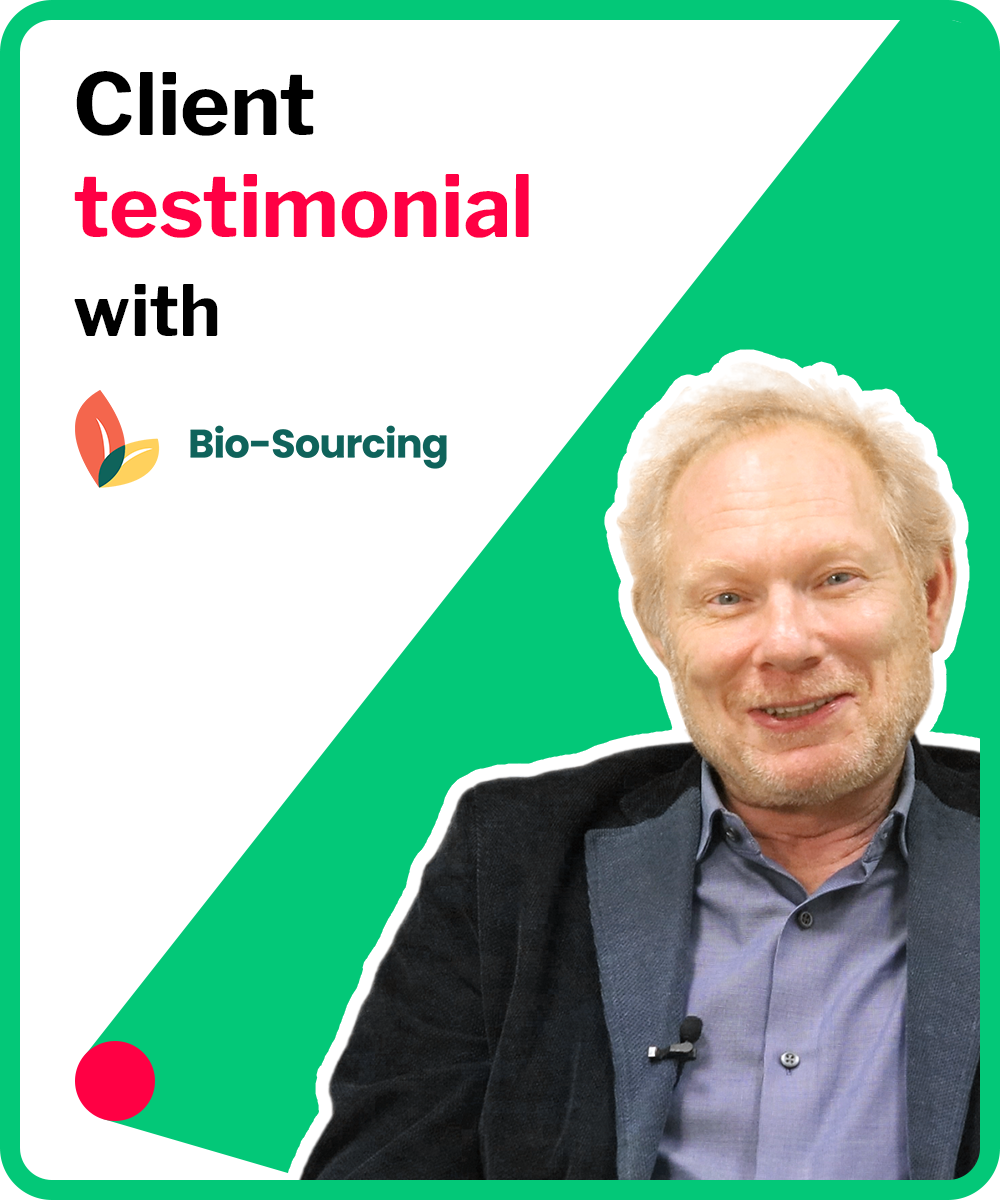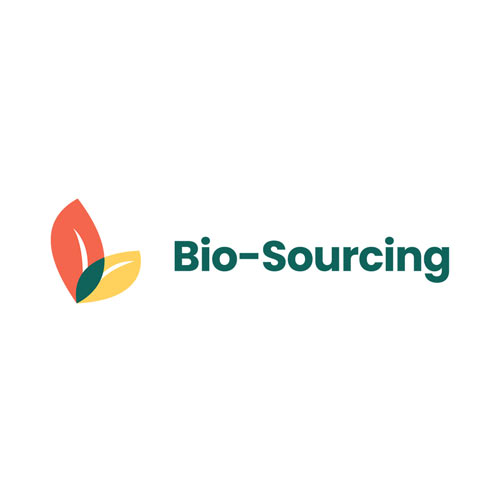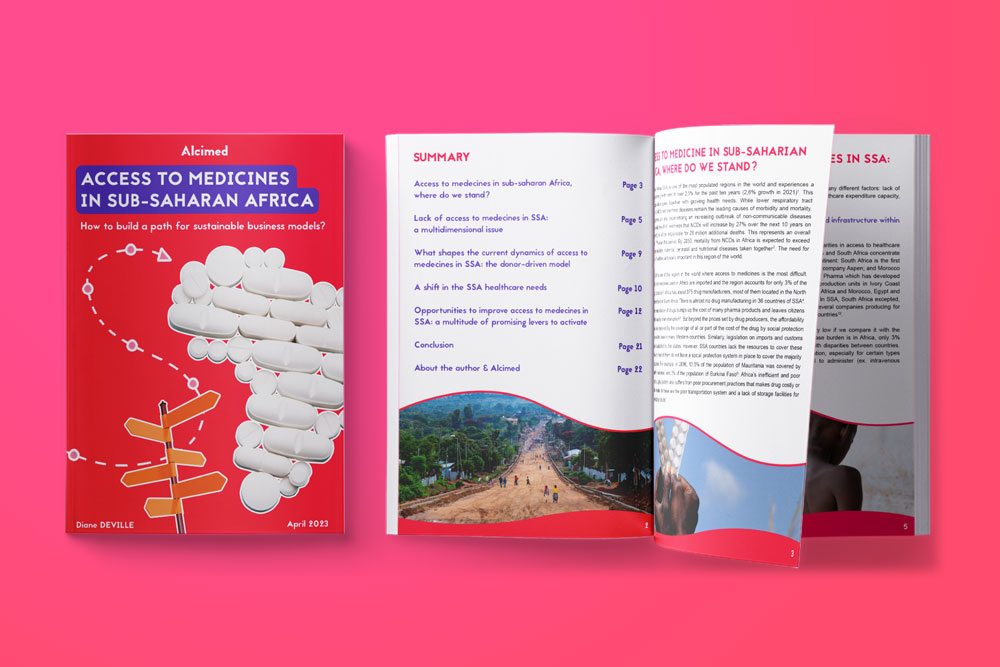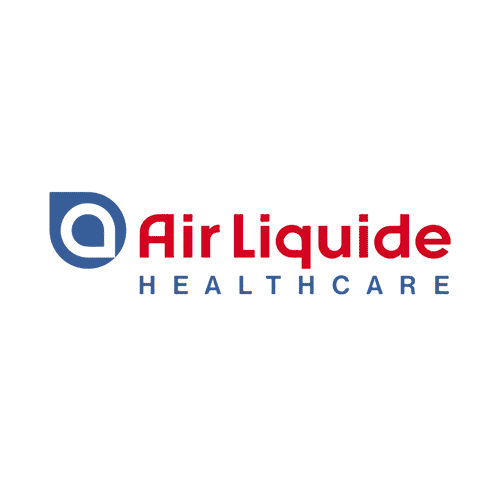
Access to medicines
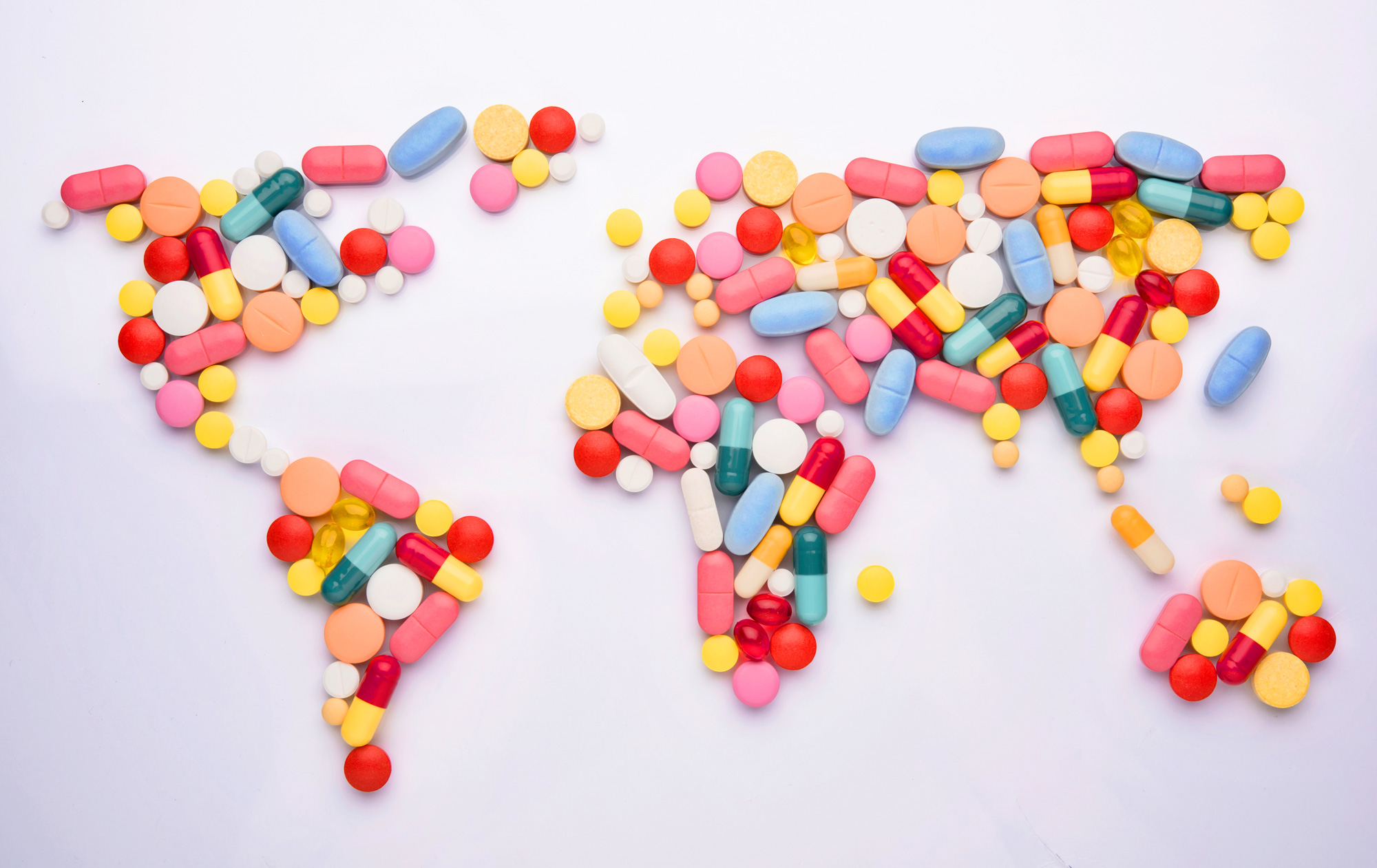
Improve access to treatments for people living in low- and middle-income countries
Alcimed has been exploring for more than 25 years the drivers and barriers of access to medicines, including the availability and accessibility of medicines in middle income and developing countries, as well as in developed countries. Our team supports healthcare players in creating a broader access to medicines, for new and essential treatments.
They trust us


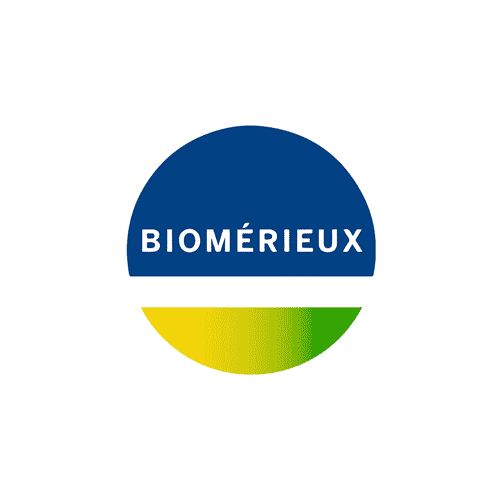


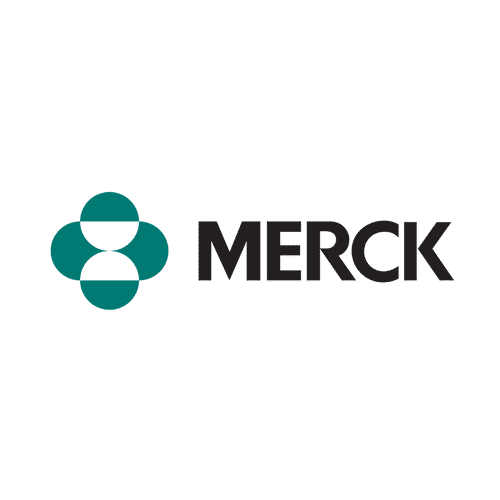

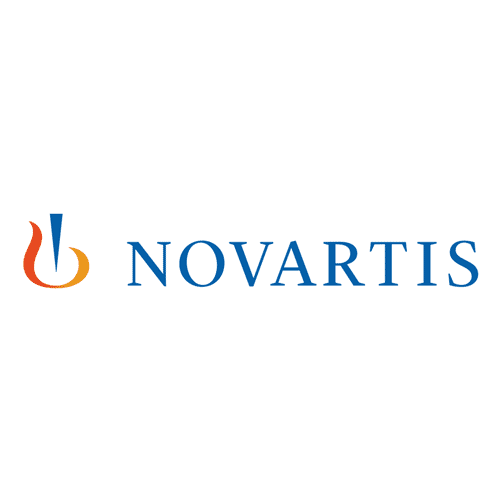

The challenges related to access to medicines
It is still a significant issue in many countries and is a prominent topic regarding world health. Although progress has been made in recent years, there are still many parts of the world where the access to timely care & medicine is questionable and remains a challenge.
The key challenges for a broad, seamless access to medicines are simple : affordability, encompassing the question of price and reimbursement by health insurance systems, and physical availability, ie supply chain performance. Also, the lack of information about the medicines often prevents their large-scale use by the adequate patient population.
In addition to these major concerns, we must not forget that even in the most developed nations, access to medicine is not equally granted in the population, and availability for subpopulation such as children can be limited.
In the following paragraphs, we will explore the key challenges and the solutions envisaged to meet them.
The high cost of drugs is a global barrier, especially in low and middle income countries where the price is not strictly regulated and make it difficult for the people to afford the necessary therapies & medicine they need. At global level, intellectual property rights such as a patent also create barriers by limiting competitive supply and have monopoly over price setting. The access to an innovative drug is therefore especially challenging, as these drugs are typically protected by a patent for many years to come. The focus and numerous incentives of governments around the world in favor of generic drugs are an attempt to enhance access to medicine. To be noticed, in 2023, a new European law restricts the market exclusivity of a new drug to 8 years (instead of 10 years).
What are the key strategies pharma companies deploy to enable financial access to medicine worldwide? Which pricing strategies are used to differentiate between developed & developing countries?
Another challenge is the limited resources of certain medications, particularly in emerging economies. This is often due to supply-chain-related shortages due to shipment delays and customs halts, regulatory barriers or the general lack of funding for public health programs. Moreover, the availability of a medicine is also impacted by inequitable distribution of such medicines. The distribution is not uniform in the world, with a large difference between the developed & developing world, leading to disparities in health outcomes. These differences in distribution rely on the different levels of robustness of the supply chain, notably with a clear difference between developing & developed nations.
What are the key supply-chain related bottlenecks in medicines distribution? What are the most common regulatory barriers? Which strategies can be envisioned to facilitate the access to medicine in hard-to-reach areas, and what solutions are already in use?
A lack of awareness about a drug can also be a large barrier. Both patients and caregivers may not be aware of all the therapeutic options available to them for a particular indication, limiting the scope of recommendations and use. Moreover, medical professionals may not have the information they need to make informed decisions about which drug to prescribe, and similarly patients may not have the necessary information about the arsenal of medications to choose from for their specific conditions.
What are the most efficient tools to use to communicate with medical providers & patients about the availability of a new therapy for a specific indication? What are the current strategies of various players in raising awareness about their therapeutic arsenal? What is the level of acceptance of medical professionals regarding direct approaches by the industry?
Insurance-related issues can be a major barrier, especially where costs are high and insurance coverage is limited. Generally speaking, uninsured populations have the largest trouble accessing timely care, due to the limited basic coverage of the national health system. High deductibles and co-pays are also a major barrier to the accessibility of quality and essential cares and drugs, as many people in emerging economies cannot afford them. Many insurance schemes apply restrictions on formularies, restricting medicines available under their plans and require prior authorization for certain medicines. Lastly, there is often only limited coverage for specialty medicines, notably for rare diseases, which can be very expensive and therefore pose a large barrier for the patient to access such medicines.
What are the key issues & gaps to fill in the national insurance systems of developing countries? Where can pharma companies intervene in the insurance landscape to enhance the accessibility of quality and essential cares and drugs? Who are the key stakeholders in the insurance landscape, and what is the general set-up of insurance systems?
How we support you in your projects related to access to medicines
For close to 30 years, Alcimed has been supporting its clients on numerous issues related to access to medicines, regarding various facets of the topic. Indeed, Alcimed has carried out more than 100 projects in his field, for different players such as:
- National and European institutions and research centers (for example, the European Commission, INCa, AFM/Genethon).
- European and North American biopharmaceutical and pharmaceutical companies and biotechnology companies such as Genzyme (Sanofi), Shire (Takeda), Endo, Amgen, Chiron, Actelion (J&J), Alexion (Astrazeneca), PTC Therapeutics, Vertex, Sanofi, J&J, Roche, Merck-Serono, Novartis, Novagali (Santen), Spark Therapeutics (Roche), Insmed, Bone Therapeutics, Cellectis, NPS Pharma (Takeda), Intermune (Roche) and others.
The diversity of our clients (pharmas, biotechs, research centers, professional associations, national or European institutions, etc.), the geographical fields we explore and the types of projects we carry out gives us a comprehensive and in-depth understanding of the issues addressed in the field of access to medicines.
Our projects cover topics as diverse as the development of generics or biosimilars in across the world, new funding mechanisms and P&R schemes, search for production or distribution partners, regulation analysis, Go-To-Market strategies, including market access strategies, organization of health systems across the world, etc.
What they say


"Like a compass, Alcimed helped us determine the fields in which we wanted to develop, in this case biosimilars. Alcimed is our strategic, marketing and operational ally."
Bertrand Mérot
CEO
Examples of recent projects carried out for our clients in access to medicines
Supporting a biotech in the search for potential partners for biosimilars to enhance their access to medicines strategy
Alcimed supported an emerging biotech in the search for partners to set up a novel bioproduction technology aiming to produce more affordable, and consequentially more accessible, pharmaceutical products (biosimilars) in developing countries.
To do so, our team helped in identifying funding sources, organizations and potential partners to set up the technology and the production platform of our client in the designated low- and middle-income countries.
In this project, we exchanged with Key Opinion Leaders (KOLs) promoting local drug production and access to medicines in the countries in-scope, as well as started discussions with international organizations providing funds for the establishment of healthcare production facilities in low-income countries such as NGOs, investment funds & governmental organizations.
Supporting a client in understanding the diabetes public health environment in 6 emerging countries to develop partnerships in global health with regards to accessibility of medicines
Alcimed supported its client in understanding the international diabetes public health environment in China, Brazil, Nigeria, Egypt, India & Indonesia, as a first step in the search for opportunities and most suitable topics to develop.
Our team mapped the key stakeholders, influencers, policy makers and policy shapers in the diabetes landscape in the in-scope countries. An in-depth literature analysis and interviews with key stakeholders were performed to landscape the integral diabetes environment in each country, including diabetes policies and related unmet needs.
Our team also performed a gap analysis of the most important topics in each country, the programs already implemented in diabetes and the most promising projects to implement in terms of social, medical and access/availability issues.
Comprehensive analysis of the organization of the Brazilian health system to identify gaps to fill in access to medicines
In a project scoping Brasil for a leading health industry player, Alcimed has completed an international large-scale comprehensive analysis of the health expenditures, the organization of the health system characteristics, the key drivers of the decentralization of the public health scheme and the related regulatory developments.
In this project, our client gained an overarching view of the Brazilian organization of the health system as well as the shortcomings of the current scheme and related gaps to fill, where there is an opportunity to improve access to medicines.
Moreover, we also investigated the various stakeholders and insurance systems of Brazil, to identify the key audiences to engage with and availability of medicines strategy.
Supporting a large pharmaceutical player in framing access to medicines scenarios
Alcimed supported a large pharmaceutical player in framing their strategy to improve access to medicine in countries with insufficient health resources to treat their patients, beyond their already active strategy in a few focus areas.
To do so, we broadened the scope of the access to medicines strategy for our client in various disease areas, as well as helped re-think their access to medicine approach in the future.
Our team mapped and analyzed the various strategies of other pharmaceutical players and institutions in order to derive best practices and anticipate difficulties, prior to organizing and moderating collaborative workshops to imagine the best strategy for our client.
Understanding of the psychological barriers in flu vaccination to increase awareness for a leading pharmaceutical player
Alcimed worked with a leading pharmaceutical player to enhance their public communications to boost flu vaccination awareness among targeted populations in Indonesia.
Our team mapped the current initiatives by key public health stakeholders (healthcare providers, medical institutions, government agencies etc.), conducted in-depth literature analysis and interviews with groups of interest to evaluate the underlying psychological barriers and their potential impacts on vaccination adoption.
Based on the opportunities and barriers identified in this project, we could identify the key barriers for boosting flu vaccination awareness and provide insights for our client to formulate strategic engagement with targeted groups through different communication channels.
Implementation of the access to medicine pillar of a leading pharmaceutical player in its global CSR roadmap
Alcimed supported a leading pharmaceutical player in implementing a key pillar of its global CSR roadmap, which focused on increasing access to medicine in countries with high medical needs.
In the first step, we mapped underserved countries with no established medical infrastructure and reimbursement models to identify priority issues specific to access of medicine. Internal interviews and knowledge review were then conducted with the client to co-identify and shortlist potential partners to work with in its global CSR roadmap.
In the end, our work enabled our client to create a fact-supported global CSR strategy and roadmap for access to medicine in underserved countries.
You have a project?
To go further
Healthcare
Position Paper Alcimed – Access to medicines in Sub-Saharan Africa: how to build a path for sustainable business models?
Discover the health challenges in sub-Saharan Africa and the levers to activate to improve access to medicines in the region.
Healthcare
Drug supply tensions and disruptions: 6 strategies to secure the drug supply in France
In France, since the end of the 2010s, reports of medicine supply tensions or disruptions to the ANSM have increased exponentially, by more than 30% per year. After analyzing 5 causes of these ...
Healthcare
Superbugs: how can we combat this health threat caused by antimicrobial resistance?
What is antimicrobial resistance? Antibiotics are drugs used to combat infections and diseases caused by bacteria, such as pneumonia, bronchitis, ear infections or septicemia, and are not useless ...
Founded in 1993, Alcimed is an innovation and new business consulting firm, specializing in innovation driven sectors: life sciences (healthcare, biotech, agrifood), energy, environment, mobility, chemicals, materials, cosmetics, aeronautics, space and defence.
Our purpose? Helping both private and public decision-makers explore and develop their uncharted territories: new technologies, new offers, new geographies, possible futures, and new ways to innovate.
Located across eight offices around the world (France, Europe, Singapore and the United States), our team is made up of 220 highly-qualified, multicultural and passionate explorers, with a blended science/technology and business culture.
Our dream? To build a team of 1,000 explorers, to design tomorrow’s world hand in hand with our clients.
Access to medicines refers to the population’s ability to obtain affordable, safe and effective health services & medicines when they need them. The access to essential cares is a high priority stake regarding world health, especially important in middle income & developing nations.
The availability of medicines is the degree to which a drug is present at various distribution points in a defined area for the population living in that area at the time of need.
Improving access to medicine is a complex question that requires the involvement of stakeholders on multiple levels.
Identifying current barriers hindering access to medicine in the particular country is important. Barriers can include awareness, affordability, availability, limited infrastructure, regulatory etc.
Key influencers (doctors, patients, regulators, policy makers, companies) who are impactful to the particular healthcare system should then be identified to partner and drive various initiatives on the government, industry and social level.
